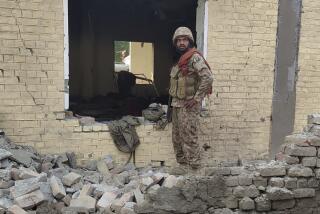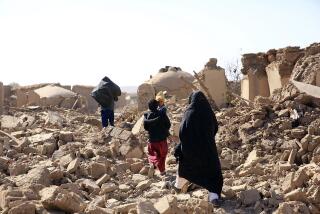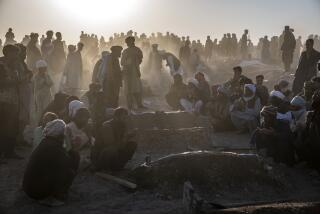Death toll from attack in Afghan capital climbs to 40
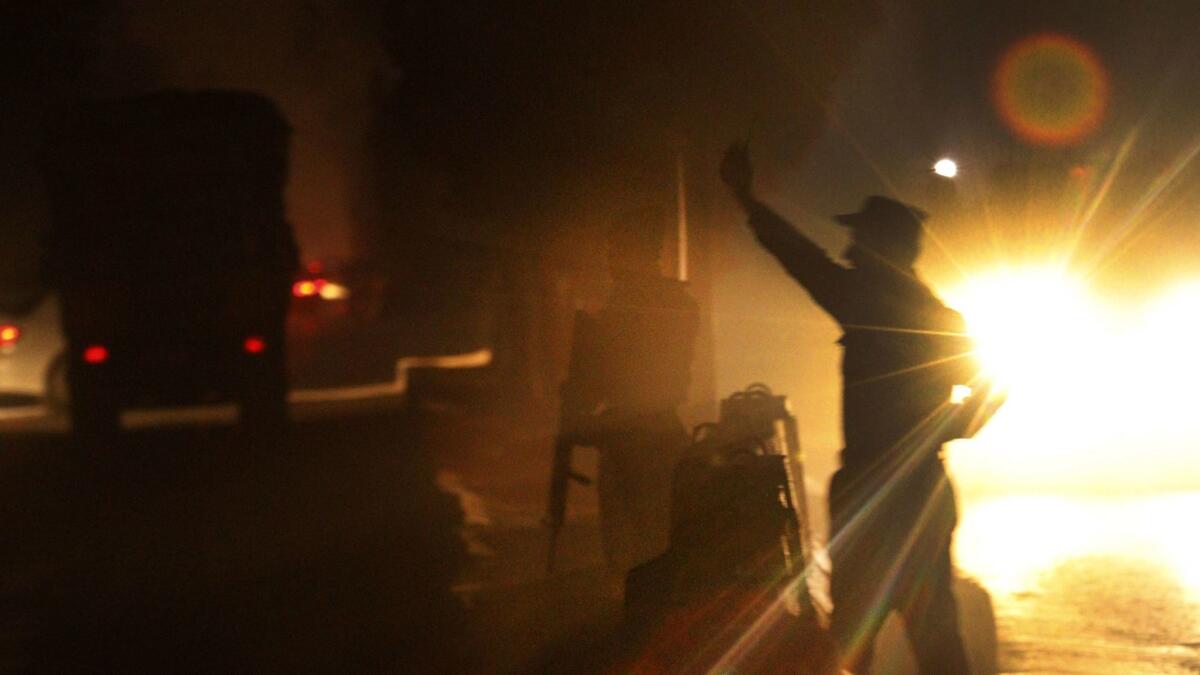
The death toll from a Christmas Eve attack in the Afghan capital has climbed to 40, the Health Ministry said Tuesday, as police and rescue workers combed through the smoldering public welfare building where the gunmen held out for eight hours against security forces.
A suicide bomber detonated his explosives-laden vehicle outside the building Monday before at least three gunmen stormed in, rampaging through the office complex hunting for victims. Some employees managed to barricade themselves inside offices while police quickly evacuated more than 350 people.
Health Ministry spokesman Wahid Majro says 40 people were killed and 29 were wounded. An earlier, higher toll provided by the ministry included the attackers.
No one immediately claimed responsibility for the attack, but the Taliban and a local Islamic State affiliate have carried out a relentless wave of assaults on government targets in recent years.
Abdul Jalil, an employee who spoke to reporters Tuesday from his hospital bed, was on the second floor when the gunmen entered.
“They came in and they were shooting at everyone. They were shooting at the closed doors. If anyone was there, they shot them,” he said.
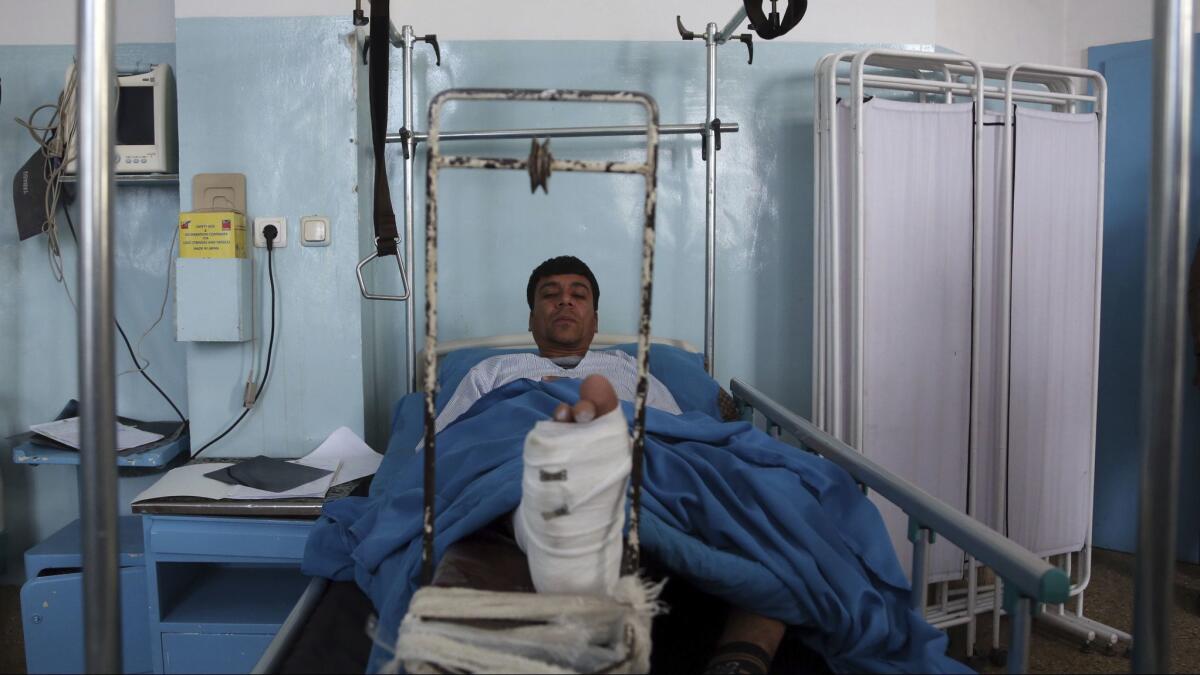
Jalil said he jumped from a second-story window and broke his leg. He managed to crawl 50 meters to a perimeter gate, where security personnel helped him to safety. Jalil said at least five of his coworkers jumped with him from the window, and he saw his boss jump from a third-story window.
Khalil Rahman, who escaped unhurt, said: “It was a massacre. We didn’t know where to run.”
He told reporters outside the charred building that he still could hear the sounds of the screaming.
“It was chaos. Everyone was running everywhere, trying to hide. Why would they kill us? We are Muslims. We are not Russians or Americans,” Rahman said. He said he worked for the same public welfare department during the five-year rule of the Taliban, a period that ended with the 2001 U.S.-led invasion.
“Even during the Taliban we were doing the same job,” he said. “What is our sin?”
More to Read
Start your day right
Sign up for Essential California for news, features and recommendations from the L.A. Times and beyond in your inbox six days a week.
You may occasionally receive promotional content from the Los Angeles Times.
